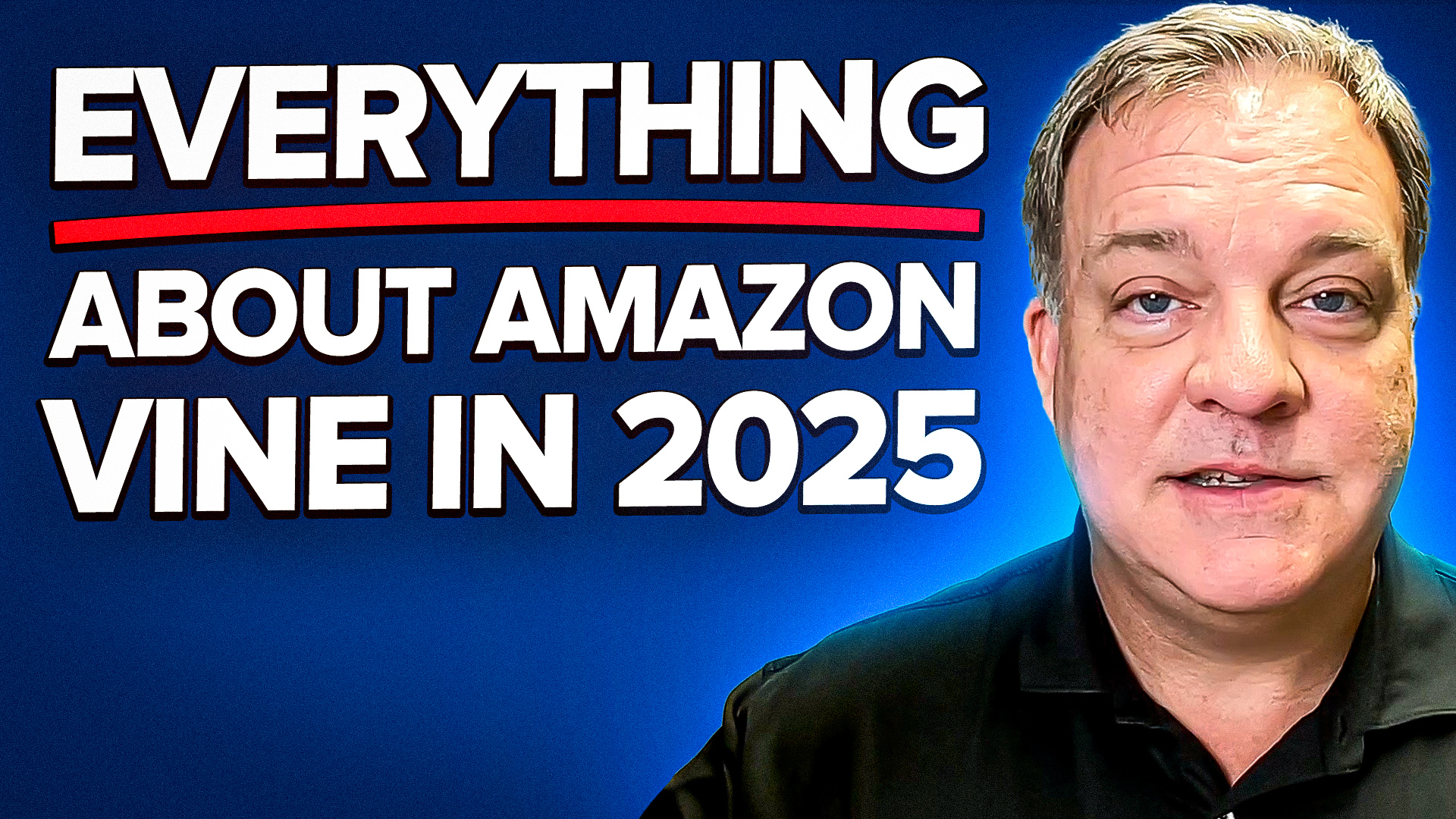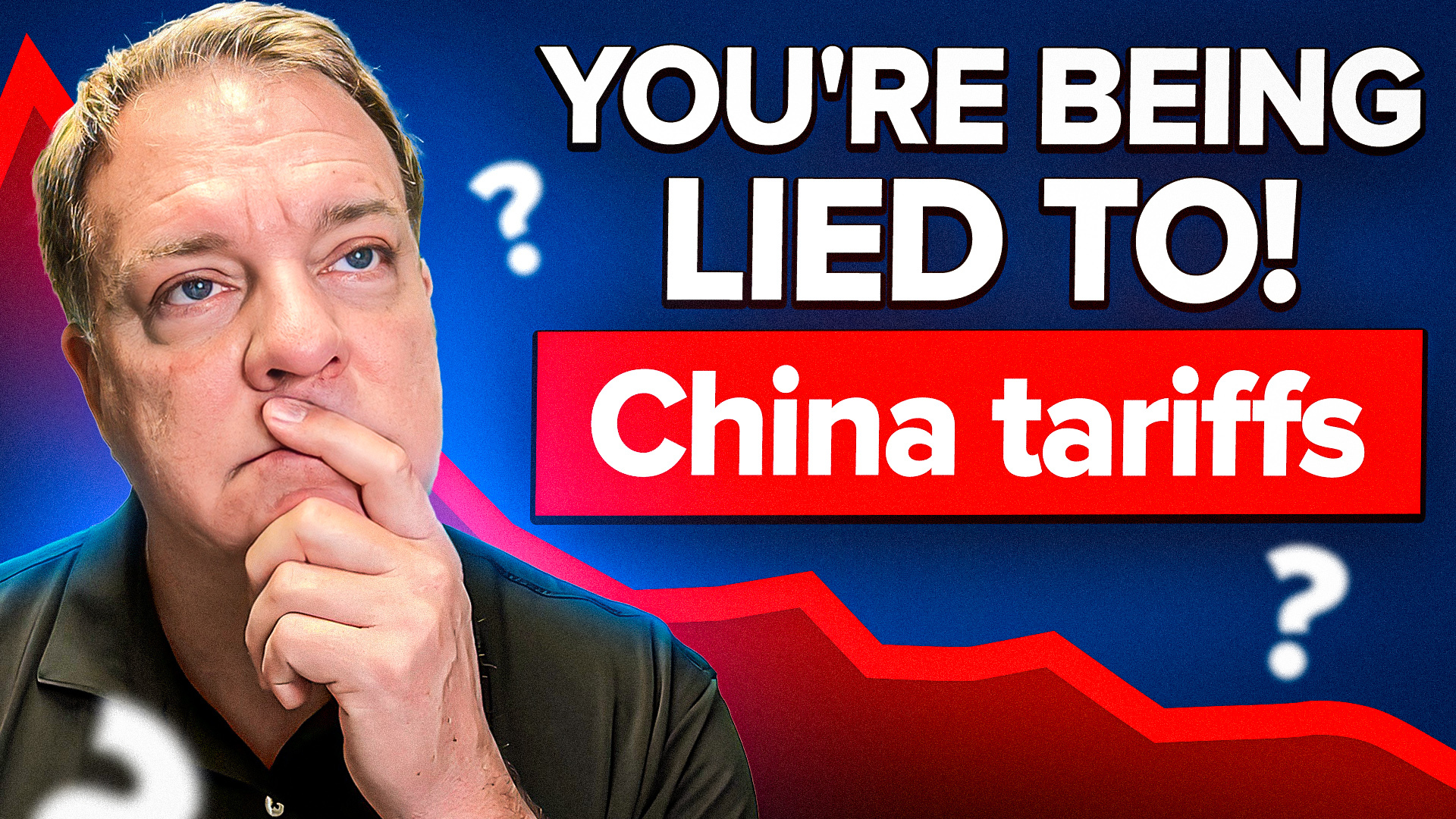Podcast: Play in new window | Download
Welcome to Episode 4 of the E-BusinessOnline Podcast
(Part 1 of this series is in Episode 3 – listen to it here)
Host & Speaker: Fred McKinnon
Topic: Introduction to Dropshipping, Part 2 – Finding Suppliers, Critical Steps to Prevent Loss
Summary: In Episode 4, Fred McKinnon discusses the process of dropshipping in e-commerce, finding suppliers, and some critical things to review and questions to ask prior to launching your products.
Where Do I Start?
- Search for suppliers who will dropship for you. Preferably, those who offer “blind dropshipping”, meaning they will ship with your company name and address on packing slips and inserts.
- Avoid mass-dropshippers who do not really stock and ship your items. Plenty of “dropshipping” distributors are simple middle men who then send your order to the actual warehouse. They are “dropshippers of dropshippers”. Ask if they physically warehouse and fulfill the products directly.
- WorldWideBrands.Com – this is the directory that we started with over 10 years ago that is still in business.
- Large bulk/dropship directories can give you easy-access to distributors for a quick launch but will also have more competition since so many people signup for the same distributors.
- Consider finding local businesses and distributors or manufacturers that will allow you to sell their product online.
Establish Your Accounts
- Directories such as WorldWideBrands will typically give you a link where you can become a “Reseller” or “Dealer” online.
- Typically, you will need your business name, a tax ID (for sole proprietors, this is often your SSN), and a Sales Tax/Resale certificate in your home state.
- Followup with phone calls and emails to establish relationship.
Format Inventory Feeds for Bulk Upload or Manual Creation
- If manually creating SKU, populate as many of the fields as possible – the more content the better, especially when it comes to critical fields such as image, UPC, description, brand, and shipping weight.
- Familiarize yourself with the methods allowed for bulk uploading – via flat files (Excel/spreadsheets) or via integration platforms. Some platforms that will assist you include ChannelAdvisor (most recognized, industry leader, but very expensive), InventorySource (already integrated with many of the most popular dropshipping distributors with full push-capability to Amazon, Shopify, BigCommerce, and other shopping platforms), or SellBrite. [Free Trial currently available for SellBrite – this is an affiliate link, not an endorsement]
Stay On Top Of Inventory
- remember, when you are dropshipping, you do not actually own the product yet since you do not have physical possession. It is possible for a supplier to sell out of a product before you have the chance to purchase it.
- Use inventory buffers to prevent over-selling.
Critical Question to Ask
- Are there any additional fees, such as handling fees, dropship fees, minimum quantity requirements
- What is your LTS (Lead Time to Ship) – what is your order cutoff for same day shipping, or when will you ship?
- Is the price a landed price, meaning, inclusive of shipping?
- If price does not include shipping (usually does not), how is the shipping calculated?
- Can you bill shipping charges to my 3rd party shipping account (my FedEx or UPS account)
- Where are your shipping warehouses located geographically?
- What is the best way to place my order? (email, flat file, via website?)
- How and when do I obtain tracking and invoice data on my orders?
- What are your accepted payment terms and payment methods? Credit Card, Open Net Terms, etc
Tips to Win Longterm
- Build relationships. Distributors are like family. Get to know them personally and become more than just a client.
- Use inventory buffers to prevent over-selling
- Never mass-upload diverse products without reviewing for potential restricted products
- Add an additional day in your LTS from what the dropshipper states is their lead-time to ship. (if supplier says they ship in 1 business day, say that your lead is 2 business days)
- Constantly negotiate and ask for better pricing, deals, bulk deals, and goals to obtain.
Links
Facebook Page: we share e-business related news and resources from time to time here
Facebook Group: this is the place to network with other sellers and get your questions answered
Podcast Subscriptions: follow links beneath player
Download the show notes.
If you’re listening on our website, please consider clicking the subscribe links underneath the player to subscribe in iTunes or in Android apps. We’d be honored to hear your comments about this podcast below and your reviews on iTunes.





